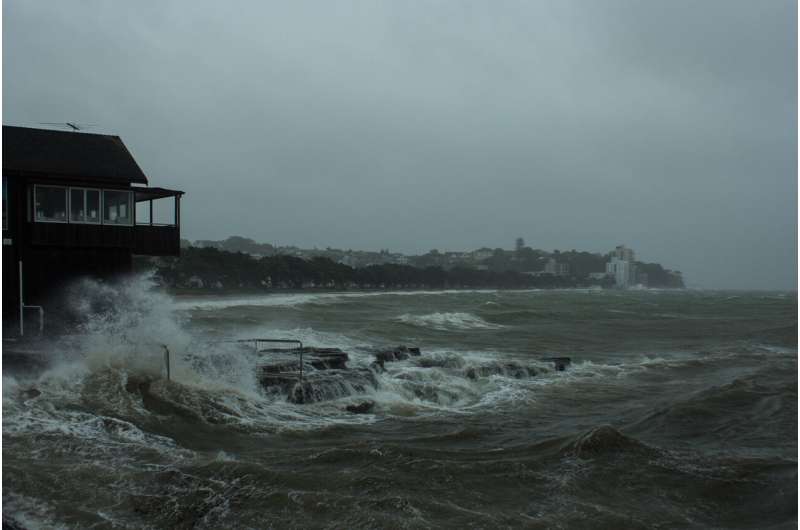#Coastal threats can be tackled with more focus on adapting

“#Coastal threats can be tackled with more focus on adapting”

A timely new report demonstrates how planners and local government decisionmakers can reduce risk from coastal hazards now, ahead of new legislation, thereby speeding up adaptation to the impacts of climate change.
The report, “Enabling Coastal Adaptation: Using Current Legislative Settings for Managing the Transition to A Dynamic Adaptive Planning Regime in New Zealand” examines how current legislation can be used to transition to adaptive planning practices so we’re ready for new legislation. This will reduce risks and help avoid further ‘lock-in’ of developments in areas at risk from erosion, flooding and sea-level rise.
The report, authored by adaptation expert Dr. Judy Lawrence of Te Herenga Waka—Victoria University of Wellington with planning experts Sylvia Allan of Allan Planning & Research and Larissa Clarke of GNS Science, was prepared as part of the Enabling Coastal Adaptation project within the Resilience to Nature’s Challenges National Science Challenge.
“The report analyzes the current difficulties of planning for ongoing sea-level rise under a planning regime that is largely permissive and enables land-uses with very long timeframes,” says Dr. Lawrence.
The authors say the report is very timely, with the COP26 UN Climate Conference set to focus on Adaptation, Loss and Damage on Monday 8 November (GMT).
“Our observations and research confirm that in Aotearoa New Zealand, developments continue to be located and intensified in areas prone to coastal erosion and flooding.”
In February, the Government announced it would repeal the RMA and enact new legislation including a Strategic Planning Act and a Climate Adaptation Act.
“In the meantime, current council policies, plans and practices are not adequately managing risks from ongoing sea-level rise, rising water tables, and increased flooding,” says Dr. Lawrence.
“Under current development and planning practices, we’re seeing attempts to manage these risks, for example by raising houses or building hard barriers. But these practices are virtually certain to have only a temporary effect and can make problems worse by lulling people into a sense of misplaced security. They transfer large costs to future generations as the sea continues to advance inland,” says Dr. Lawrence.
The report identifies how greater use of existing legislation can reduce and avoid coastal hazard risks in the period before the legislative reforms are implemented, which may take some time. It also highlights critical issues that require specific attention in the reform process to remove barriers and to facilitate adaptation to climate change impacts in coastal areas.
Report recommendations include:
- Greater collaboration between regional and district councils on consistent use of information and methods, and the application of regional rules that have immediate effect to control land-use change and development.
- The use of strategic spatial plans across a region, more effective use of subdivision controls, and greater clarity regarding how many legacy subdivision and planning consents are not yet activated.
- Greater use of Dynamic Adaptive Pathways Planning to enable a shift away from ‘mitigation’ of climate change effects using hard structures, to ‘avoid’ and ‘remedy’ in decisions on consent applications. This will help stop further exposure to sea-level rise.
Understanding social vulnerability is critical for climate change adaptation, says study
Enabling Coastal Adaptation: Using Current Legislative Settings for Managing the Transition to A Dynamic Adaptive Planning Regime in New Zealand. resiliencechallenge.nz/wp-cont … tion-FINAL011121.pdf
Provided by
Resilience to Nature’s Challenges National Science Challenge
Citation:
Coastal threats can be tackled with more focus on adapting (2021, November 9)
retrieved 9 November 2021
from https://phys.org/news/2021-11-coastal-threats-tackled-focus.html
This document is subject to copyright. Apart from any fair dealing for the purpose of private study or research, no
part may be reproduced without the written permission. The content is provided for information purposes only.
If you liked the article, do not forget to share it with your friends. Follow us on Google News too, click on the star and choose us from your favorites.
For forums sites go to Forum.BuradaBiliyorum.Com
If you want to read more Like this articles, you can visit our Science category.




